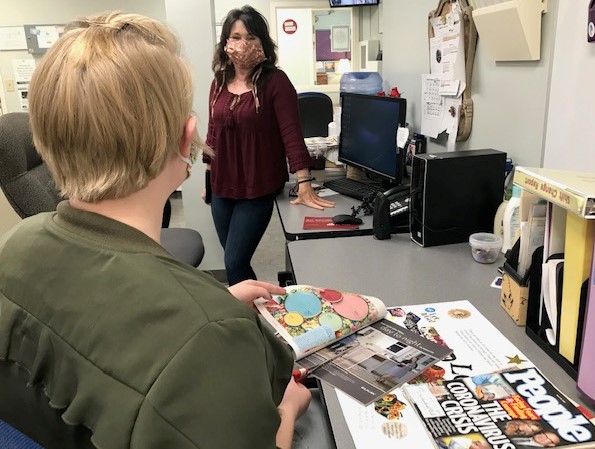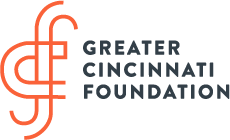COVID-19 Fund Provides Safe Shelter for 90 Safe Passage Clients
Funded by Greater Cincinnati Foundation & United Way of Greater Cincinnati’s COVID-19 Regional Response Fund.
Isolation can be devastating for domestic violence victims. It’s challenging enough being confined to your home for weeks on end due to the coronavirus pandemic, but what if your home is not a safe place? What if the person you share the home with berates, threatens and hits you? Safe Passage provides help, healing and hope for domestic and sexual violence victims from the six-county district of Southeast Indiana.
Jane Yorn, Executive Director of Safe Passage, noted the traumatic effects the pandemic and the stay-at-home mandate can have on victims. “Isolation can be devastating for victims. They have no break, no respite, to get away from the abuse. We suspect also that many could not find a safe time to call or to leave.”
At the start of this pandemic Safe Passage’s domestic and sexual violence shelter, based in Batesville, was full. A COVID-19 Regional Response Fund grant enabled Safe Passage to set up two offsite emergency shelters to stay in operation. They were utilized for 21 nights, and one continues to serve as another safe place for victims until they can move into the 30-bed shelter or safe place.
Safe Passage supported 90 clients during this time, including a pregnant woman who fled her abuser. A month after she gave birth her infant developed meningitis and then sepsis. She didn’t have baby equipment or supplies for him, but through donors and grant funding, Safe Passage was able to provide her with a baby swing, bottles, diapers, clothes and a pack-n-play to sleep in.
“We helped her find an affordable and safe place to stay, gave her a basket of basic household needs,” said Sara Mustaine, her Safe Passage case worker. “She’s doing fantastic. It’s the first time she’s lived in a secure place.”
Although client transportation was limited during this time, funds were used to transport clients for COVID-19 testing and for forensic strangulation evaluation. In addition, restaurant meals were a treat for several clients who were isolated from their children, and for those in shelter. Gift cards, diapers and groceries were provided for those who had lost their jobs. Safe Passage also helped a client taking online college courses set up an office at home; she could no longer use the printer at the public library or on campus.
The staff expects more requests for basic needs, rent and deposits, even furniture, in the coming months, as the stay-in-shelter mandate lifts and victims can make the crisis call or flee, if needed. The main reason domestic violence victims return to their volatile surroundings is due to limited resources.

